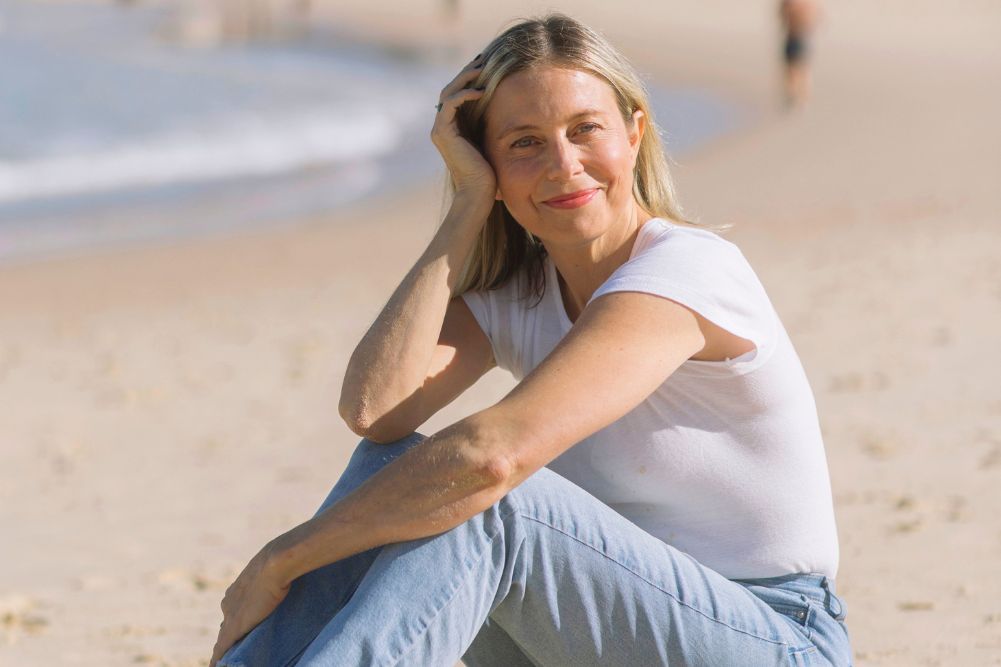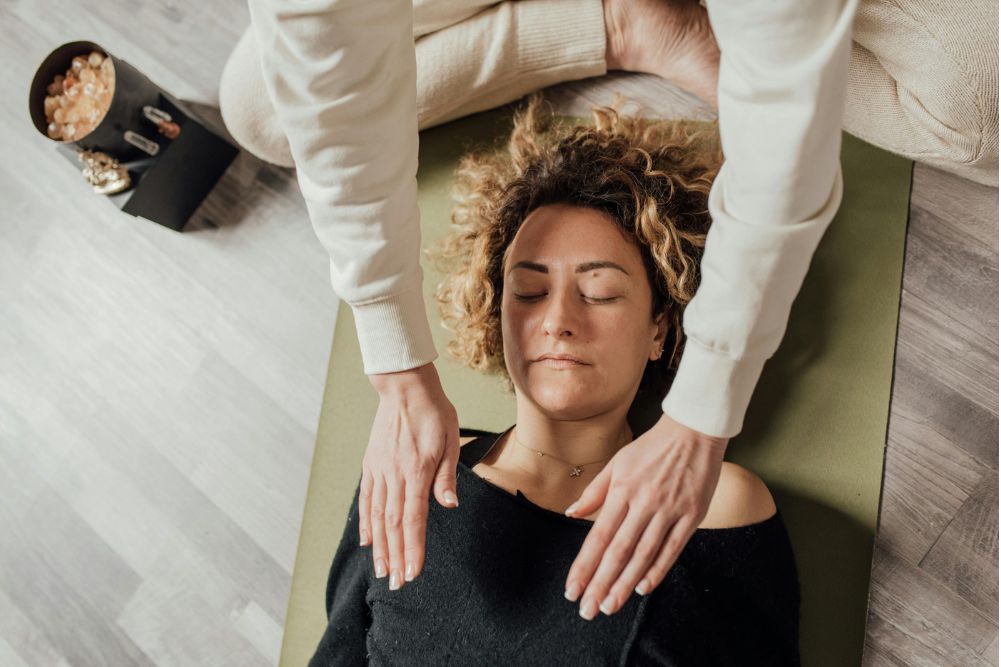Discovering Hope and Healing Beyond the Diagnosis of Ulcerative Colitis
Chronic illness is a life sentence, right? That’s how I saw it when I was diagnosed with ulcerative colitis (UC), a form of irritable bowel disease (IBD) in the summer of 2022. It was a late diagnosis, and by 27 I thought I’d pretty much missed the boat on childhood chronic illnesses. Unfortunately, I was wrong. As a fully grown adult, I had to come to terms with the bewildering fact that my immune system was attacking itself. And that was a hard pill to swallow because I felt so unbelievably betrayed by my own body. It wasn’t doing what it was supposed to do, and because of that I was suffering.
While it may have been new information to me, it wasn’t to my health. Truth is, I’ve always had UC, I just didn’t know it. So why did the diagnosis feel like such a punch to the gut? My mum has always preached that “knowledge is power”, so why did I want to revert to the time five minutes before I knew I was sick? These were the questions
I began asking myself while I sat in my personal self-pity party of one for days, weeks and months after finding out. Even once the medication started working
and I should’ve been feeling better, I still didn’t. It felt ridiculous at times; I genuinely couldn’t stand due to the severe pain my own body was causing.
My weight plummeted because my organs were too inflamed to absorb nutrients. All of this, somehow, didn’t encourage me to seek alternative methods of healing. It was only when telogen effluvium set in that I knew it was time. If you’re wondering what that means, it’s just a fancy term for “you’re so stressed your hair falls out”.
It was vanity that got the wheels turning, and subsequently vanity that ended up saving my life.
While I stood in the shower watching clumps of my hair clog the drain, I realised I needed real help. Since I was on a low symptomatic medication, my doctor upped the stakes and prescribed me steroids. It was at this point that I made the decision to refuse modern medicine. I knew what steroids did long-term, and I didn’t want to deal with the side effects. Weight gain, “moon face” which particularly scared me, acne — basically everything I’d been fighting since I was a teenager.
Not only that, but my only understanding of IBD and the side effects of treatment at the time were from what was shown in the media. In 2020, famous British magician Steven Frayne, known as Dynamo, was slated in the news when he appeared to have gained weight overnight. Newspapers were incredibly insensitive and didn’t hold back on the awful commentary and fatphobic headlines. It wasn’t until Frayne came forward to explain his battle with Crohn’s disease (a type of IBD) that the media died down. His appearance was strikingly different from his usual slim frame, and he put it down to steroids and extensive treatments for the disease. This terrified me, that
I could lose myself while searching for good health. And I knew deep down I wasn’t strong enough for that, so I had to look elsewhere.
As a writer and avid reader, I turned to the only thing I knew: books. I researched diets, exercise, meditation, yoga, spiritual healing … You name it, I tried it. Unfortunately, even just the basic information surrounding diet wasn’t communicated to me by my doctor or the hospital team — information that is crucial to my wellbeing if I intend to live with UC (which I do, given I have no choice whatsoever). Had I been provided with this information, I would’ve found out easy fixes, like how I shouldn’t eat seeds, ever, if I can help it. While diet is of course different for each individual person, across the board it seems that as the body can’t break down seeds well, people with IBD should avoid them — even when in remission! Vegetable and fruit skins too can cause flare-ups, with potato and apple skins being the biggest culprits. Meanwhile I was scoffing these down daily because I thought I needed fibre to avoid another flare-up. Not only did my health improve overnight, I found that doing my own research and having something to focus on completely changed my outlook on the disease. It was no longer something that controlled me but something I was getting under control. Mornings were my favourite, rising before the sun and spending time in silent meditation. Eventually as my strength returned, I even began exercising again, something I hadn’t done since before the flare-up. I started upping my iron to aid with my hair growth, added in vitamin D and zinc, all rinsed down with vitamin C because it increases absorption in the body. Who knew?
After a few months, I was in less pain, my appetite returned (with a vengeance, might I add) and not only did my hair stop falling out, it started growing back.
I felt human again, I felt like me again.
If I can provide any comfort to those currently suffering from an autoimmune disease, please know that while the illness may last forever, the pain won’t. Remission is possible and you will get there. In regard to advice about dealing with ulcerative colitis specifically, or IBD in general, it’s this: find out what works for you. Do your own research and implement whatever healthy eating habits mean to you. Also know that you’re not alone; I spent the first six months of my diagnosis with a label on my chest, an arrow above my head with flashing lights and alarm bells ringing telling everyone “I am sick”. But the truth is, I’m no different today than I was age 10. I still had UC then, I just didn’t know it, and so I’m deciding that knowledge is indeed power (thanks Mum).
Will I ever be perfect? The simple answer is no, and the thoughtful answer is, I don’t have to be. It’s important to remember that chronic illness is just something you have;
it isn’t something you are.
Meg Keane is a British-born writer who has published fictional work in audio format in horror podcast such as The Creepy Podcast. She was also longlisted for the Aurora Prize for Writing 2022. For more, visit clippings.me/meganmargaretkeane.








